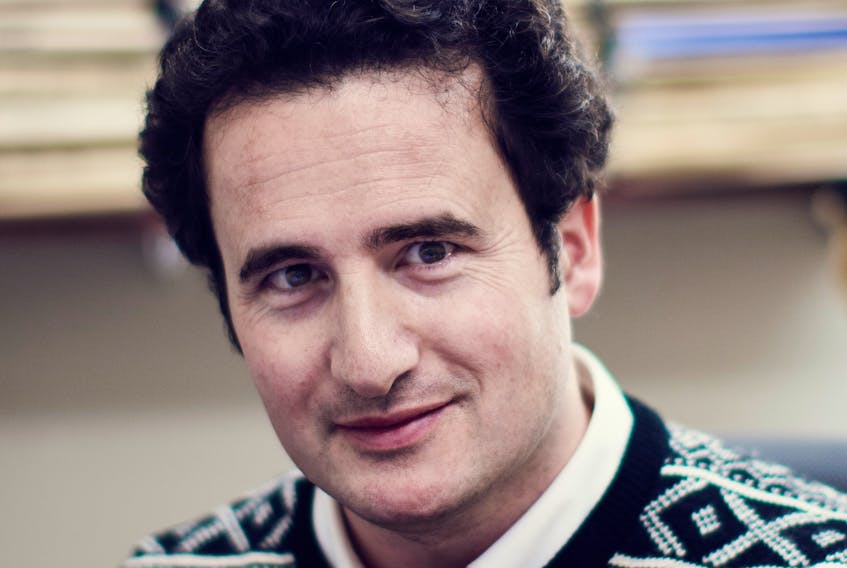Finding your career path
Over the years as a member of the Historical Studies unit at Grenfell Campus, I have had the opportunity and good luck to teach many fine students that have made their way through our program. Often, the question about career paths arises, as it naturally should: what can one do with an arts degree? I always tell students several things. First, they should start thinking about this early in their academic career so that they can give themselves a stronger sense of direction and purpose.
Second, I tell students to choose a career that they will find deeply stimulating and that they will be passionate about for many years and decades to come.
This is all the more critical when we think about how much time we spend at work, getting to work, and thinking about work. Moreover, if an unsuitable career choice is made it can be difficult to retrain and change career directions later in life.
Third, there are many possible career paths for arts graduates, in directions that one might not expect. Although I am sure that this is true for other arts subjects, I can speak only for my discipline, and in this regard there are the obvious choices for history graduates: education, academia, public history, archival studies, and so on. Yet I have seen graduates go on to many different fields: from journalism, to law, to social work, to the private sector, to government. These unexpected paths sometimes require historical knowledge (for example, when a lawyer works on a particular case, there is sometimes the need to study precedent, which can be affected by the historical context at the time).
These unexpected career paths also draw upon the skills that a history degree imparts to the student: research skills, writing, oral communication, analysis, and so on.
The prospects are promising. The Education Policy Research Initiative recently studied the tax records of University of Ottawa graduates and has found that social sciences and humanities students are faring well after graduation compared to their peers in other discipline sectors.
What, perhaps, has made this more challenging is that not only does the arts student need a strong work ethic and a competitive grade point average, but an additional degree or college diploma after the BA as well as the flexibility to go where the desired job is. All of this is certainly worth the effort, however, and the right career choice can give a person an enduring and powerful feeling of satisfaction and fulfillment.
Dr. Edwin Bezzina is the chairperson of Historical Studies









